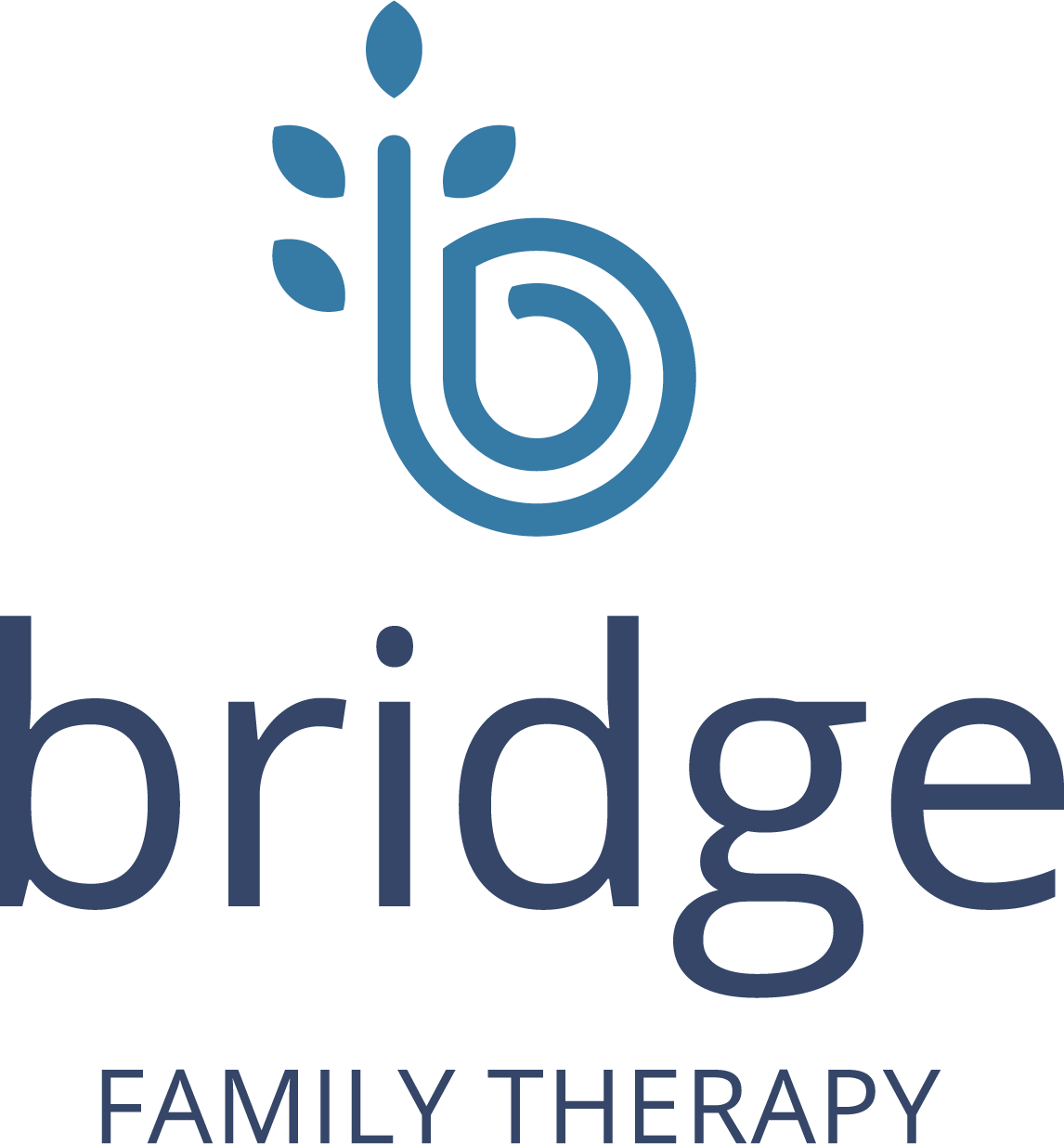Coping with Triggers: A Practical Guide to Managing Trauma Responses
Navigating life after trauma involves facing triggers—events or situations that can unexpectedly bring back distressing memories. Coping with triggers is a crucial aspect of healing, and here's a practical guide to help manage trauma responses.
1. Identify Triggers:
Understanding what triggers your trauma is the first step. Whether it's a certain smell, a place, or specific words, identifying triggers empowers you to anticipate and prepare for potential challenges.
2. Develop Grounding Techniques:
When triggered, grounding techniques can bring you back to the present moment. Focus on your senses—what you see, hear, touch, smell, and taste. This helps anchor you in reality.
3. Establish a Support System:
Share your triggers with trusted friends, family, or a therapist. Having a support system creates a safety net, offering understanding and assistance during difficult moments.
4. Create a Safety Plan:
Develop a safety plan outlining steps to take when triggered. This could involve stepping away, practicing deep breathing, or seeking comfort from a supportive friend.
5. Practice Self-Compassion:
Be kind to yourself. Understand that triggers are part of the healing process. Practice self-compassion by acknowledging your emotions and giving yourself the care you need.
6. Seek Professional Help:
Consider therapy or counseling to work through trauma responses with a trained professional. They can provide guidance and coping strategies tailored to your individual needs.
Coping with triggers is an ongoing journey. By proactively identifying, preparing for, and addressing trauma responses, you empower yourself to navigate life's challenges with resilience and strength.
April 26, 2024 - Bridge Family Therapy

